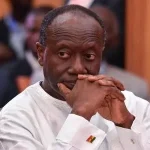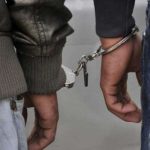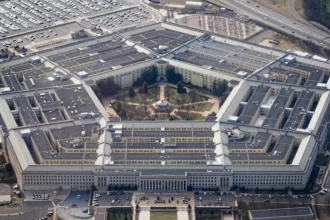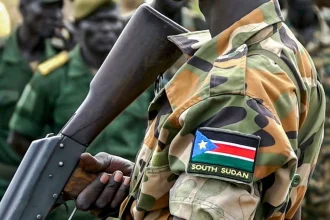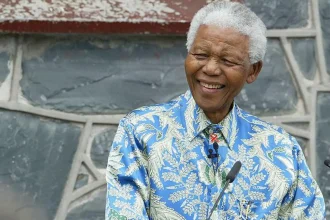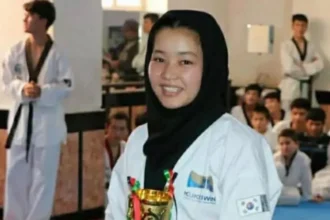Former Egyptian president Hosni Mubarak, who ruled the North African country for 30 years until a violent uprising, has died aged 91.
Mubarak was overthrown in 2011 and he was the first leader to face trial after the Arab Spring uprisings that swept the region.
He spent six years after facing trial in a litany of cases ranging from corruption to the killing of 239 protesters, whose 18-day revolt stunned the world.
Mubarak was freed in 2017 after he was cleared of the final murder charges against him.
His death comes just days after his two sons were acquitted of illicit share trading during the sale of a bank four years before the 2011 uprising that ended his 30-year autocratic rule.
Many Egyptians who lived through his presidency view it as a period of stagnation, autocracy and crony capitalism.
Arabs watched enraptured when the first images of the former air force commander, Egypt’s modern-day Pharaoh, were beamed live on television, showing him bed-bound in his courtroom cage.
The overthrow of Mubarak, one of a series of military men to rule Egypt since the 1952 abolition of the monarchy, embodied the hopes of the Arab Spring uprisings that shook autocrats from Tunisia to the Gulf and briefly raised hopes of a new era of democracy and social justice.
In the years since then, authorities have crushed his enemies in the Muslim Brotherhood, killing hundreds and jailing thousands, while his allies regain influence.
Mubarak’s sons, Alaa and Gamal Mubarak, who were detained after the 2011 popular uprising, were sentenced to three years in jail in 2015, along with their father, after being separately convicted of diverting public funds and using the money to upgrade family properties.
The brothers were acquitted on Saturday.
Hosni Mubarak was freed in 2017 after being cleared of charges of ordering the killing protesters during the uprising.
Mubarak was initially arrested in April 2011, two months after leaving office, and had been held in prison and in military hospitals under heavy guard.
After being released from the Maadi Military hospital in southern Cairo he returned to his home in Heliopolis, an upscale neighbourhood where the main presidential palace, from which Mubarak once governed, is located.
Another military man, Abdel Fattah al-Sisi, stepped into Mubarak’s shoes in 2013 when he overthrew Mohamed Mursi, the Brotherhood official who won Egypt’s first free election after the uprising.
A year later, Sisi won a presidential election in which the Brotherhood, now banned, could not participate.









